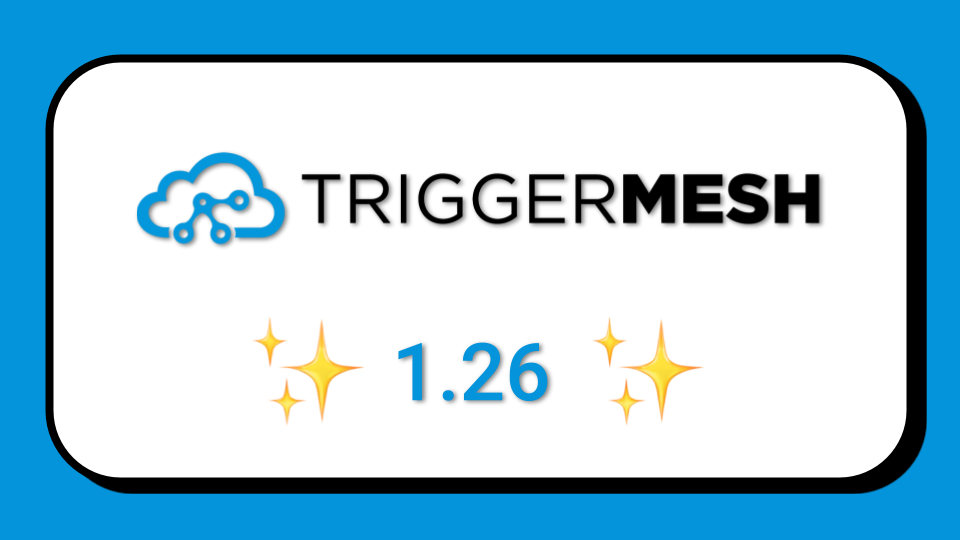




Make a date to join me on Wednesday, November 18 at 3:00pm EST for my KubeCon talk – Serverless or Serviceful?
I thought I’d share with you a bit more detail than the abstract to pique your interest in checking it out.
You’ve heard the saying that everything old is new again. The cloud can feel this way at times.
NIST, the U.S. Government agency that helps get everyone on the same page with respect to fundamental technologies (think timing systems, but also Cybersecurity and, yes, Cloud) published their definition of Cloud Computing all the way back in 2011.
In it, NIST said Cloud is:
In 2011, resource pooling and broad network access were still new, but today, they are really givens. So, if we look at the other three:
What’s funny is this is exactly how industry leaders are describing their serverless offerings.
So, my take-away is serverless is the cloud, perhaps in its purest, most distilled form.
But the cloud is not the cloud is not the cloud. In other words, we are in a “multi-cloud” world. Many businesses run an on-premises Kubernetes-based cloud, maybe with Red Hat OpenShift, or Rancher, or VMware Tanzu.
Then there are specialized dedicated clouds for CRM (Salesforce), Data Analytics (Datadog), voice and SMS messaging (Twilio), Elastic, Confluent, and so on. And last, but certainly not least, we have the generic public clouds.
And all of this is great. It means we can – and DO – outsource the undifferentiated infrastructure to those who can do it best. But it does present a dilemma for those of us responsible for designing the applications – and application flows – our business needs.
The dilemma is – how do we exploit best-of-breed by outsourcing to the best possible cloud for each workload, on one hand, and still preserve the ability to connect these disparate services together?
And this is where Events come in. Events are the lingua franca of the new multi-cloud architecture. The really great news is that we already have the building blocks we need in order to have a common layer across all these clouds.
I don’t want to spoil all the fun, so I’ll leave you hanging here and really hope to see you on November 18 to hear my thoughts on how to address this apparent trade-off. (Hint: It involves Kubernetes 😉